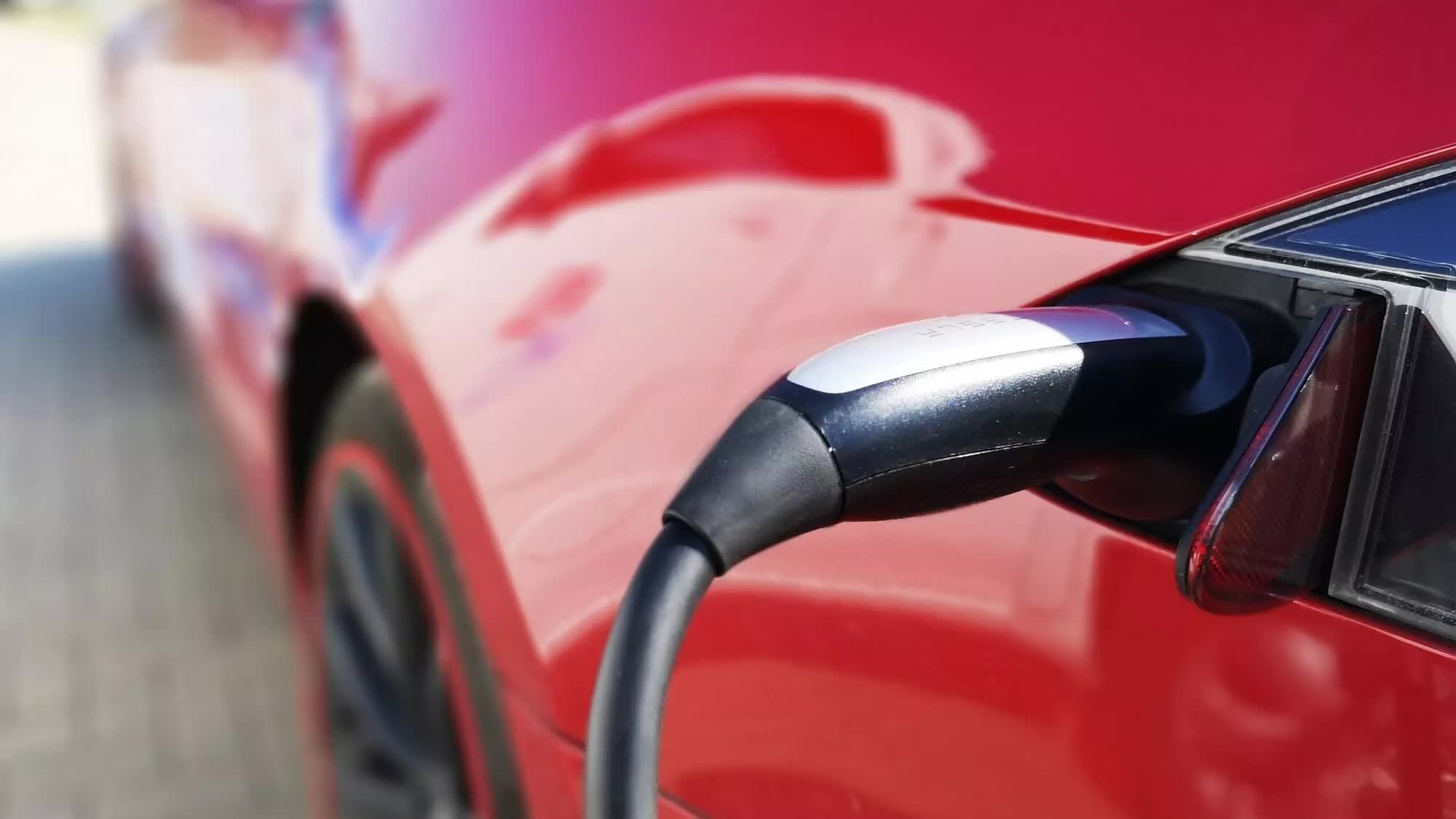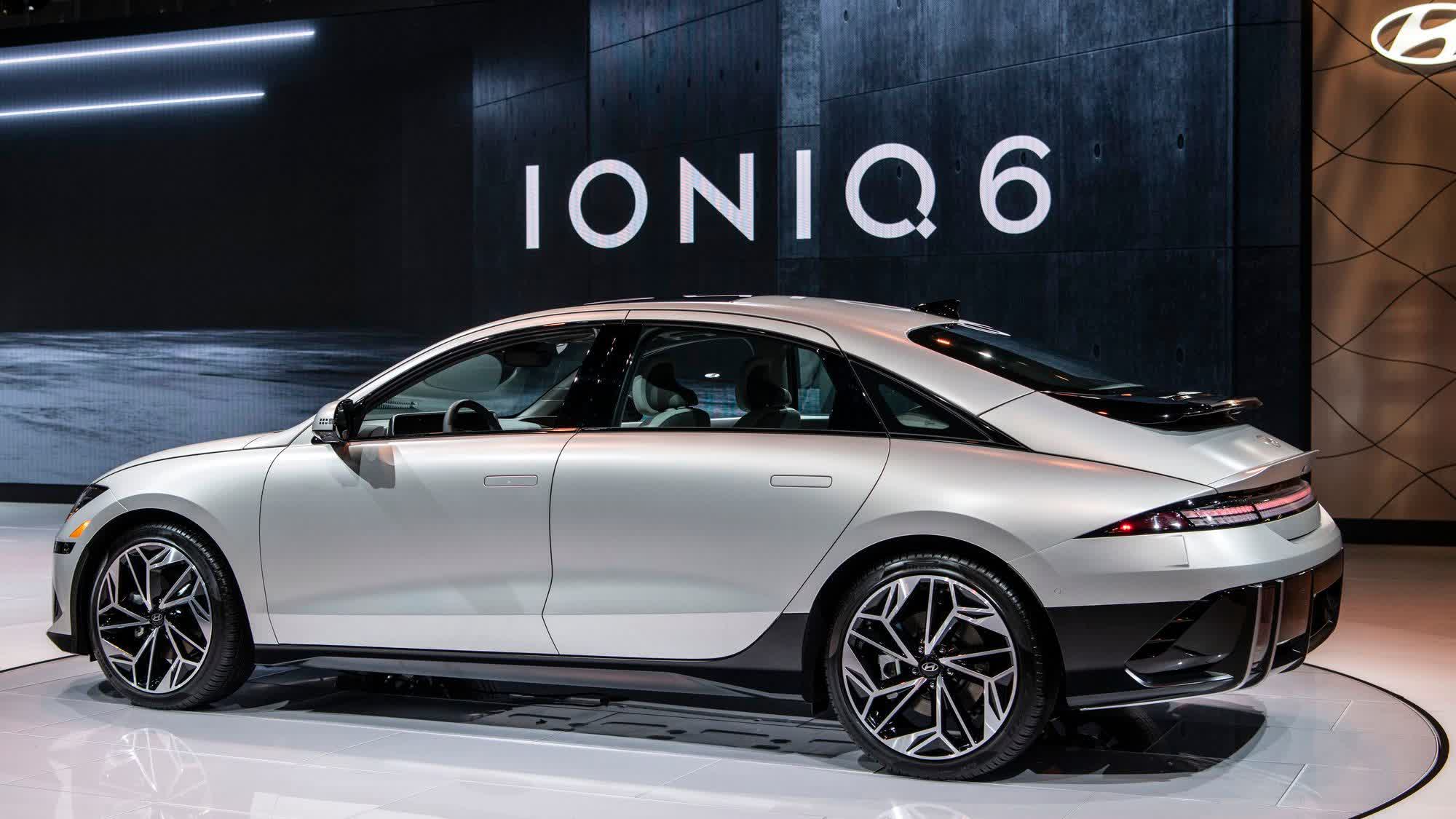In a nutshell: EVs have historically been priced at a premium over traditional gas vehicles, but that is changing with automakers like Hyundai, Kia, and Tesla offering new electric cars at relatively affordable prices. According to a new report, long-range EVs with at least a 300-mile range are now cheaper to buy and lease than the average gas-powered car in the US.

The 2024 Hyundai IONIQ 6 is currently among the most affordable EVs on sale in the US according to Bloomberg, with a starting price of $37,500 for the standard-range (240 mi) model. However, the long-range SE model, which can go up to 361 miles on a single charge, starts at $42,500. While these prices are still on the higher side, they are lower than the national average price for new cars, which is around $47,000.
The IONIQ 6 is also significantly cheaper to lease than other best-selling cars like the Toyota RAV4, the Toyota Camry, and the Tesla Model Y. While the Hyundai EV costs $243 per month to lease, the other three cost $340, $346, and $399, respectively. The wallet-friendly prices for EVs result from tax credits received by dealers, many of whom are passing these savings along to buyers in the form of discounted monthly lease payments.

The IONIQ 6 is not the only affordable EV on the market. The Chevy Equinox SUV offers an impressive 319 miles of range and costs around $42,000 before federal tax credits, which reduce its effective price by $7,500. The Equinox will also soon have a base model expected to cost below $28,000 after federal rebates, making it one of the cheapest EVs in the country when it launches later this year. Stellantis is also planning to launch a $25,000 electric Jeep "very soon."
EV prices have been trending downward for some time, and the introduction of new affordable models is making them easier to buy than ever. According to Kelley Blue Book, average transaction prices for new EVs were down nine percent in the first quarter of 2024 compared to the same period last year. The lower prices are largely due to aggressive price cuts by EV manufacturers over the past year, resulting in several electric cars being sold at prices lower than those of average gas cars.
Despite the falling prices, EVs remain more expensive to buy than traditional gas-powered cars.
According to data from Cox Automotive, new EV prices are typically about 15 percent higher than internal combustion engine vehicles, partly because early EVs were aimed at the luxury market. While upfront affordability remains an obstacle to the more widespread adoption of EVs, the International Energy Agency claims that electric cars will become cheap enough to achieve price parity with ICE vehicles by 2030.
Some EVs are now more affordable than the average gas-powered vehicle


